Projects
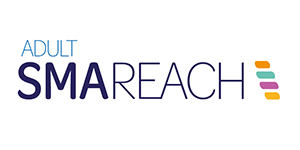
Adult SMA REACH is a data collection study aiming to gain a better understanding of the impact of standards of care and new treatments on the natural history of Spinal Muscular Atrophy (SMA).

This pilot study aimed to identify the sample size required to power a larger scale study to compare AFOs and CCDs in managing ankle range of movement and function in boys with DMD. It will also explore adherence and patient satisfaction for the two devices.
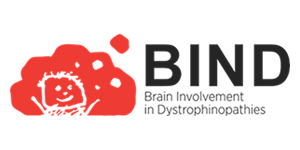
The BIND study aims to improve the learning and behavioural challenges in individuals with DMD or BMD.
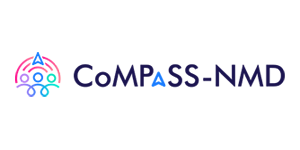
CoMPaSS-NMD, an acronym for Computational Models for new Patients Stratification Strategies of Neuromuscular Disorders, is a European project funded under the EU programme Horizon Europe programme.
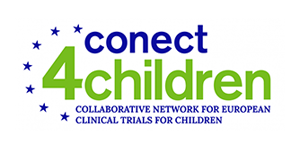
c4c (conect4children) is a large collaborative European network that aims to facilitate the development of new drugs and other therapies for the entire paediatric population.
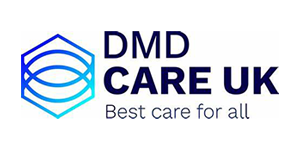
DMD Care UK is a nationwide initiative to ensure every person living with Duchenne muscular dystrophy (DMD) in the UK has access to the best care, no matter where they live.
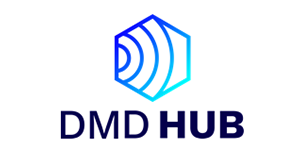
The DMD Hub is a partnership between Duchenne UK and the JWMDRC at Newcastle University. The DMD Hub coordinates a network of trial sites with trained staff which are funded to carry out DMD clinical trials and research studies in the UK.
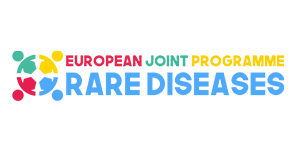
The European Joint Programme on Rare Diseases (EJP RD) is a programme aiming to create an effective rare diseases research ecosystem for progress, innovation and for the benefit of everyone with a rare disease.
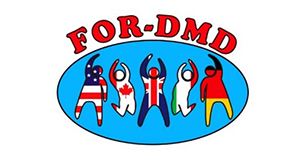
The FOR DMD study was an international, double blind, controlled study which has been established to assess the relative effectiveness and adverse event profiles of the 3 most frequently prescribed corticosteroid regimes in DMD.
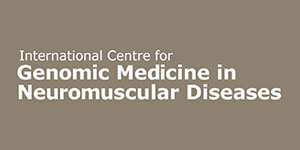
This centre aims to further neuromuscular research in partnership by building diverse genetically diagnosed international cohorts, increasing access to genomic medicine and clinical trials and importantly investing in training the next generation of NMD researchers.
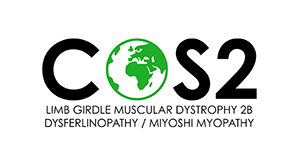
The International Clinical Outcome Study for Dysferlinopathy (COS) has been running since September 2012 with the generous support of the Jain Foundation.
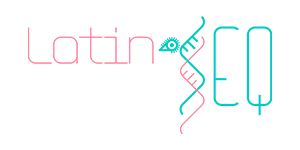
We aim to develop a multinational multicentric diagnostic study using NGS in patients in Latin America.
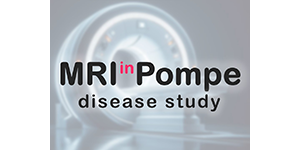
This study aims to address the critical need for early detection and treatment monitoring in LOPD by employing a new MRI technique, Carbon Spectroscopy, which detects the Carbon present in the glycogen of the muscles and therefore allows us to measure glycogen levels in patients.
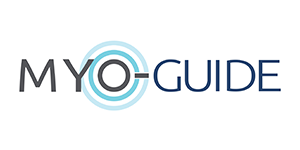
Myo-Guide is an artificial intelligence (AI) based algorithm that supports the diagnosis of patients with neuromuscular diseases through an analysis of the pattern of fat replacement on muscle MRI.
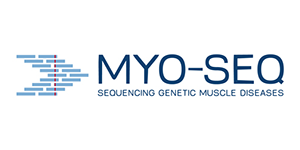
This was a collaboration where we applied WES to patients with unexplained limb‐girdle weakness.
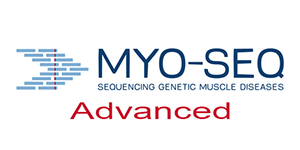
Within MYO-SEQ we identified an over-representation of patients carrying heterozygous variants…
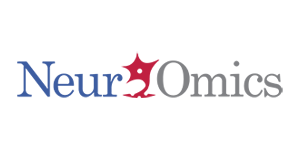
The NeurOmics consortium generated a variety of phenotype, sequencing and other –omics data (2012-17).

A €21 million programme to develop and implement an innovative, global, patient-centric data platform to accelerate the development of effective treatments and care for neuromuscular and other rare diseases.

A number of national and international registries are run from the John Walton Muscular Dystrophy Research Centre, collecting data on over 4,500 neuromuscular patients.
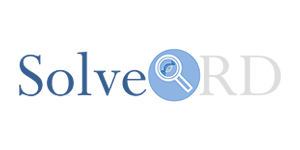
Solve-RD was a research project funded by the EC to deliver diagnostic tests for most rare diseases by 2020.